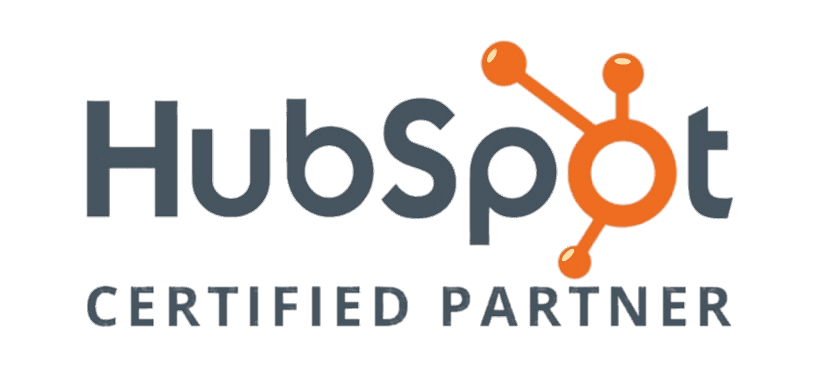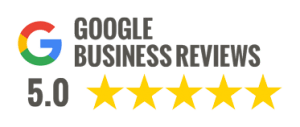Is There Plagiarism in ChatGPT?
Within the last few months, the popularity of artificial intelligence (AI) has soared as users seek to simplify the writing process. However, the use of ChatGPT has become increasingly controversial, particularly when it is discussed in relation to plagiarism. In fact, the emergence of ChatGPT has forced society to reconsider its understanding of plagiarism.
Plagiarism refers to the act of deceitfully using someone else's work as one's own. While many people associate plagiarism with the unauthorized use of words, it is important to note that music, videos and images can also be plagiarized.
For a more comprehensive understanding of the term "plagiarism," we can turn to the Merriam-Webster online dictionary, which defines it as follows:
- Stealing and passing off another person's ideas or words as one's own
- Using someone’s production without giving credit to the source
- Committing literary theft
- Presenting an idea or product derived from an existing source as new and original
Duplicate content refers to content that is identical or similar to other content. But not all instances of duplicate content constitute plagiarism. Plagiarism occurs when an individual other than the original author attempts to pass off someone's work as their own. Conversely, if the same person duplicates their own content, it does not qualify as plagiarism. Nonetheless, duplicate content has its own drawbacks. For example, SEO professionals should avoid using duplicate content, as it can impact a company's website traffic and ultimately harm the business.
While it may be tempting to use AI software like ChatGPT to generate content for the internet, hiring real writers to produce original content ultimately benefits the business. ChatGPT often generates content that can be biased and false. By employing human writers, companies can ensure high-quality and factually accurate content. Furthermore, the language used by AI lacks the sincerity and human touch that real writers bring to their work.
When considering plagiarism, most people envision someone presenting another person's words or ideas as their own original thought. Industries, such as journalism and education, strongly condemn plagiarism and have severe consequences for students, such as expulsion from school or college.
Technically speaking, ChatGPT does not engage in plagiarism. The AI tool draws information from thousands of sources on the internet to provide users with content derived from various sources. However, ChatGPT is not entirely free from plagiarism. The content it generates often bears such a striking resemblance to existing content that plagiarism detection tools flag it as plagiarized material.
Therefore, in conclusion, while ChatGPT generates its own content, it does not rely on original ideas. Instead, it combines answers from a range of sources to create its own responses. In this sense, it could be considered a form of plagiarism and should not be used by professionals.
Marcom Content by Ashley (MCA) provides high-quality content created by real writers. If you are a company seeking assistance with marketing or communications, MCA offers a range of services, including copywriting, advertising, social media and more. Contact us today for more information.



